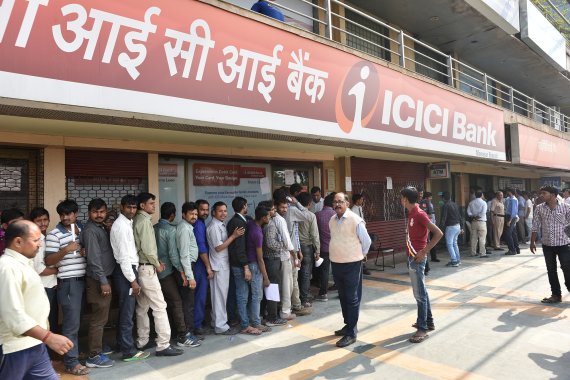Rahul Shenoy, Master’s student in Environmental Sciences from India, talks about events in his country.

Normally my family and friends are not the biggest supporters of the current government but we appreciate this policy a lot. In our WhatsApp group, we keep each other up to date on recent developments, for instance how long the queue is for the bank. Because the demonetization has worked out well so far, we also share a lot of jokes and memes.
I sense that this positivism is more widespread in Indian society. Volunteer organizations help the poor and elderly to change their money and an exception has been made for essential public services like hospitals, which can still be paid in the old money. In this way, the policy is almost becoming a social movement in which people work together to reduce corruption.
I personally experienced corruption most when I was admitted to high school. The school asked me to bring part of the school fees – 14,000 of the 70,000 rupees – in cash and that amount didn’t appear later on the receipt. I knew what was happening but I cooperated because I wanted to go to that school. India basically has a parallel economy: you have to make an extra, black-market payment for every registered purchase. It’s ridiculous!
Of course the demonetization has some negative effects too, for example for poor people who don’t have a bank account. And for me: I still have some old rupee notes in my pocket. As there isn’t an Indian bank nearby, I won’t be able to change them before the end of December. I think I will just keep them as a souvenir.’

